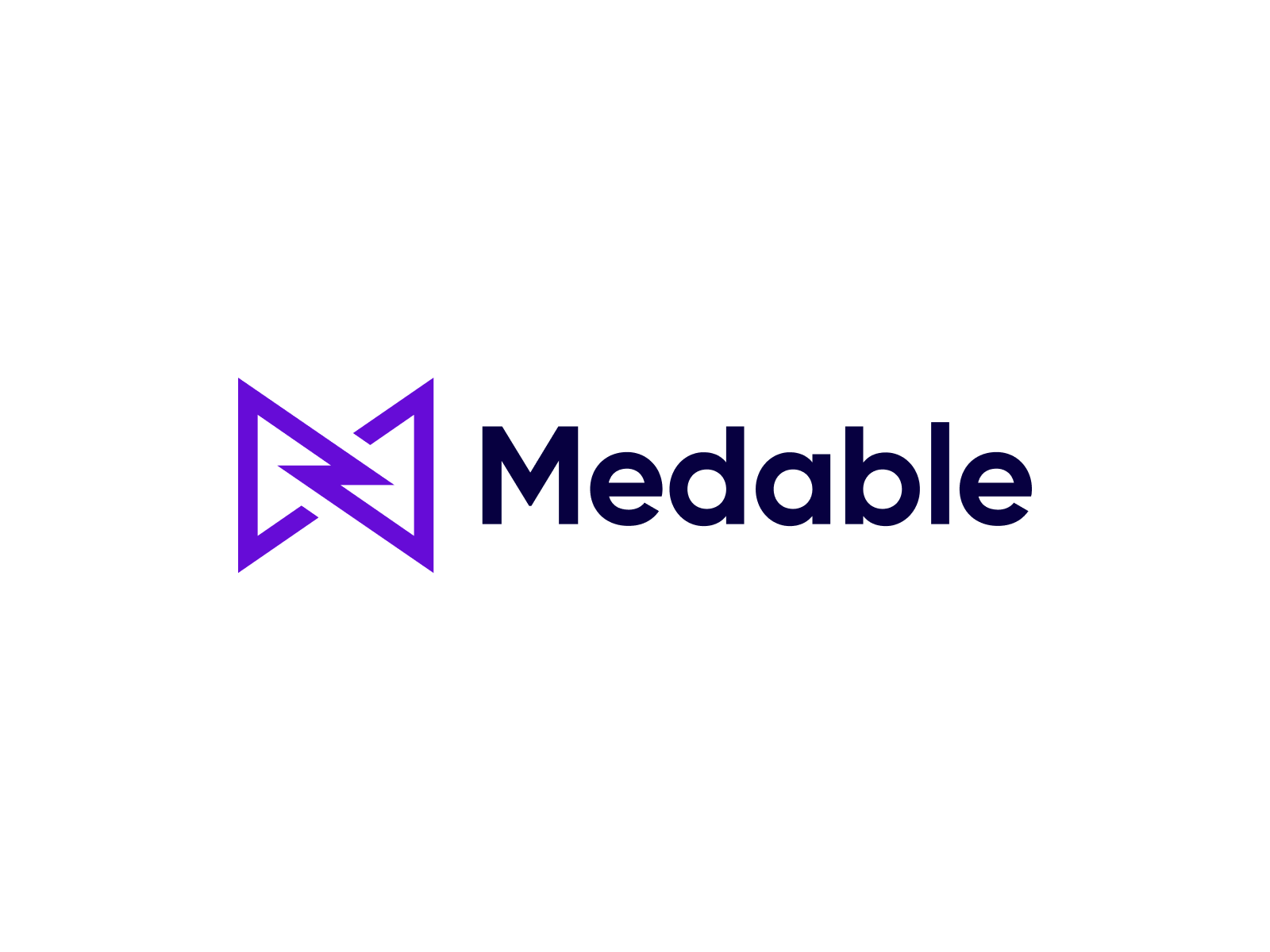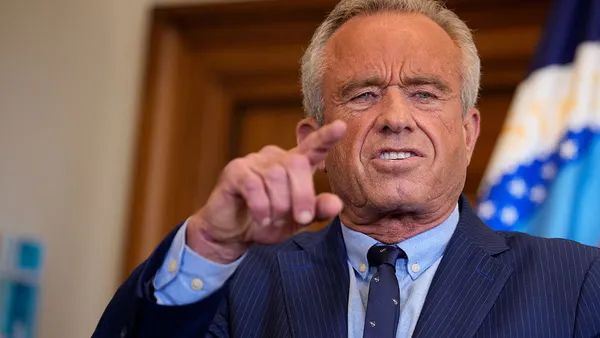Creating and Sustaining a Meaningful Agency Culture: Where Style Meets Substance A strong agency culture gives everyone the confidence to remain open-minded and to look at business issues from all perspectives. It’s what draws smart people to an agency and what enables an agency to offer its clients nothing less than the best. Louisa Holland Co-President The Agency Structure When a large number of S&H employees were recently asked the question: What made you decide to work at S&H? one response was heard consistently: “I liked the culture.” This answer piqued our curiosity to better understand what an agency’s culture means to its staff and its clients, and does culture add value to an agency? Defining a Culture There are numerous definitions of culture, but one that seems to embody the sense of what this means to an agency comes from the renowned journalist, the late Walter Lippmann, who wrote, “Culture is the name for what people are interested in, their thoughts, their models, the books they read and the speeches they hear, their table-talk, gossip, controversies, historical sense and scientific training, the values they appreciate, the quality of life they admire. All communities have a culture; it is the climate of their civilization.” An agency is a community of artists, writers, healthcare professionals, scientists, business people, communications experts, financial managers, and many others who work for a common purpose: to create effective communications in support of a brand. When all of these people are in synch with each other, the benefits are obvious. The staff feels good about the work they do and clients are pleased with the product and service the agency delivers. A culture that embodies caring, support, nurturing, fun, professionalism, quality, commitment, and team focus becomes evident to clients. Now that we have defined culture, agencies have some interesting challenges: How do we perpetuate this culture? And how can we be certain that our agency culture translates into real value for our clients? Take the Time to Find the Talent Attracting the best talent is one key to sustaining an agency’s culture. When a shop becomes known for its talent it becomes the place where every aspiring agency type wants to work. The challenge, then, for the agency is to discern from that vast employment pool who really has the kind of talent that measures up to its standards. To do this, agency executives need to take the time during the interview process to know a candidate. This means that candidates will have interviews with staff members from several departments and disciplines within the agency. The goal of this process is to know the candidate as thoroughly as possible and for the candidate to know the agency equally well. That way, once on board, there are no surprises. The new employee fits easily and productively into the culture and work style of the agency. Keep Talent Challenged and Engaged in the Pursuit of Excellence Acquiring great talent is only one part of sustaining an agency’s culture. Executives and managers need to make every effort to include new staff members in the fabric of the agency’s community and the substance of its work. Require participation in regularly held meetings to keep the staff informed about the work being done elsewhere in the agency. This practice allows for a stimulating cross-pollination of ideas as well as for inter-departmental interaction that challenges everyone to re-examine the work on an ongoing basis. Make Sure The Culture Delivers Results Good agencies know that an emphasis on recruiting strong talent, minimizing turnover, and supporting people who want to participate in a dynamic team environment appeals to clients. Clients recognize when an agency is engaged with their business; and agency managers should encourage their staff to be involved with clients at every level. An agency shouldn’t go to a client for input and then return to the shop to work in isolation until its staff is ready to deliver the end product. Instead, agencies should encourage their clients to work in the trenches with them, to become part of the process at all stages. That’s what I mean when I say agencies should strive for real partnerships with clients — it is exhilarating and exhausting, and thoroughly satisfying. A high-performance culture allows the agency to routinely examine its work and empowers it to reinvent itself so that the agency is always responding to the changing needs of its clients — building new skills and offering new approaches to clients’ marketing challenges. An agency culture is not an abstract thing; it is a living, evolving process that should be cherished. And it is a process that can set an agency apart from its competitors. A strong agency culture gives everyone the confidence to remain open-minded and to look at business issues from all perspectives. It’s what draws smart people to an agency and what enables an agency to offer its clients nothing less than the best. Sudler & Hennessey, New York, is a global healthcare communications company working with leading pharmaceutical, biotechnology, device, and OTC clients around the world. S&H offers a full range of services, including advertising and promotion, medical education, interactive, creative and strategic consulting, and DTP marketing. For more information, visit sudler.com. March 2005 VIEW on Advertising
An article from


Creating and Sustaining a Meaningful Agency Culture: Where Style Meets Substance
Filed Under:
Commercialization










